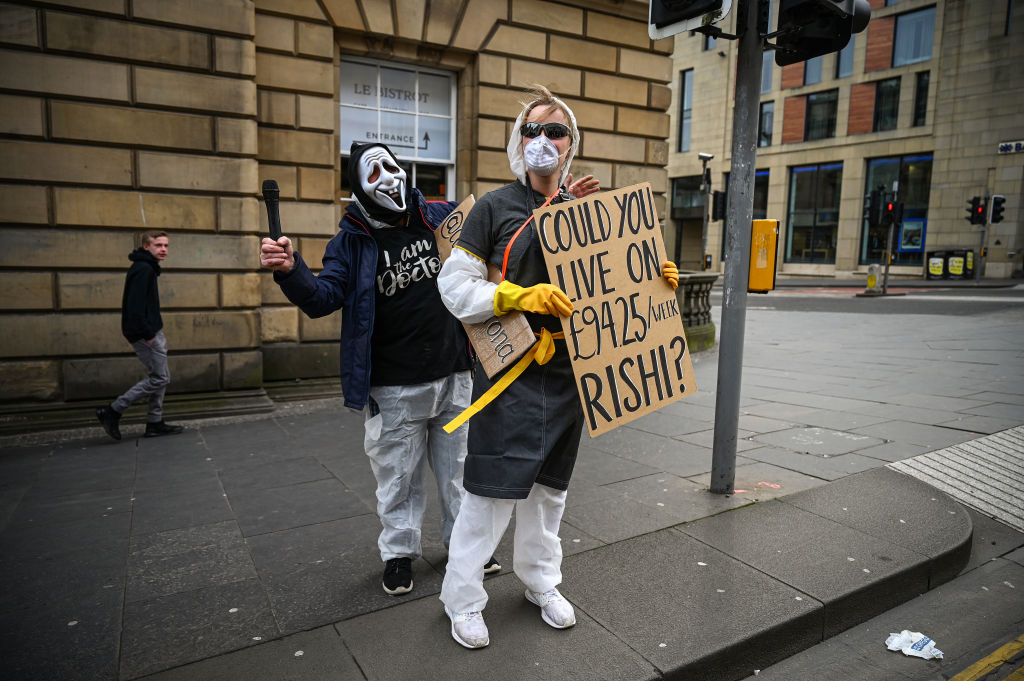It will be impossible to calculate. There will be widespread fraud. And there is no mechanism for sending out the money. As the Chancellor Rishi Sunak scratches around for ways to bail out the UK’s five million self-employed in the same way he has done for employees he faces plenty of obstacles. No doubt his Treasury officials have come up with a list of reasons why any scheme he comes up with won’t work in practise, will prove too expensive, will break the IT system, or can’t be implemented until 2029 at the earliest.
But hold on. That’s crazy. In fact, the self-employed deserve their bail-out more than anyone. Sure, it is difficult. The self-employed don’t have regular salaries in the way employees do. And lots of them already earn plenty and may see hardly any impact on their income from the crisis; typically they already worked from home, and many have been self-isolating for years because they prefer it (if they liked other people, they’d probably be in an office somewhere). Those are all perfectly valid reservations. Against that, however, there are far better arguments for making this a moment to be generous and offering the same kind of rescue everyone else is receiving.
Such as? First and most obviously, quite a few are in genuine difficulties, and may well face financial ruin. Some people can work completely remotely, but a lot can’t. Plumbing is very tricky over the web, and painting is tough over broadband. Home tutors will struggle if the children can’t do face-to-face meetings any more. So will freelance marketing consultants and designers if they can’t get out to meetings, and if all their clients have decided to put every kind of new project on hold until the crisis blows over. The list goes on and on. We won’t know for sure until the mortgage payments get missed, or the rent goes unpaid, but even if some are okay lots of self-employed people will really struggle. Do we genuinely want to wait until they are broke to find out how bad it is for them?
Next, all survey evidence suggests the self-employed already work harder than employees, and with fewer benefits. One report estimated the average self-employed person puts in 65 hours a week (try getting that past a HR department), while on average they take just 14 days’ holiday a year. One in eight take none at all. They already make an incredible effort compared to most staffers. It is only fair they should get a break in this crisis.
Finally, self-employment has turned into a booming sector of the UK economy. According to the Office for National Statistics, there are now 4.8 million people working for themselves, which is 15 per cent of the total labour force. It is up from 3.8 million back in 2008, and 3.2 million in 2001. And it is growing at an accelerating rate; indeed it is now close to overtaking the public sector as a percentage of the workforce. Made up of hyper-flexible, innovative micro-enterprises, it is in many ways the most dynamic sector of the economy. We are bailing out some businesses that are pretty hopeless. We might as well rescue the really good ones as well.
In truth, the government should put in place a scheme that allows the self-employed to claim 80 per cent of last year’s earnings, subject to random checks and fines for anyone who tries to abuse the system. If a few high-earning freelancers get a ‘rescue’ they don’t need it hardly matters. And if it scrambles the IT system at HMRC that is hardly the worst of our problems. The self-employed deserve their bail-out as much as anyone, and probably more.






Comments